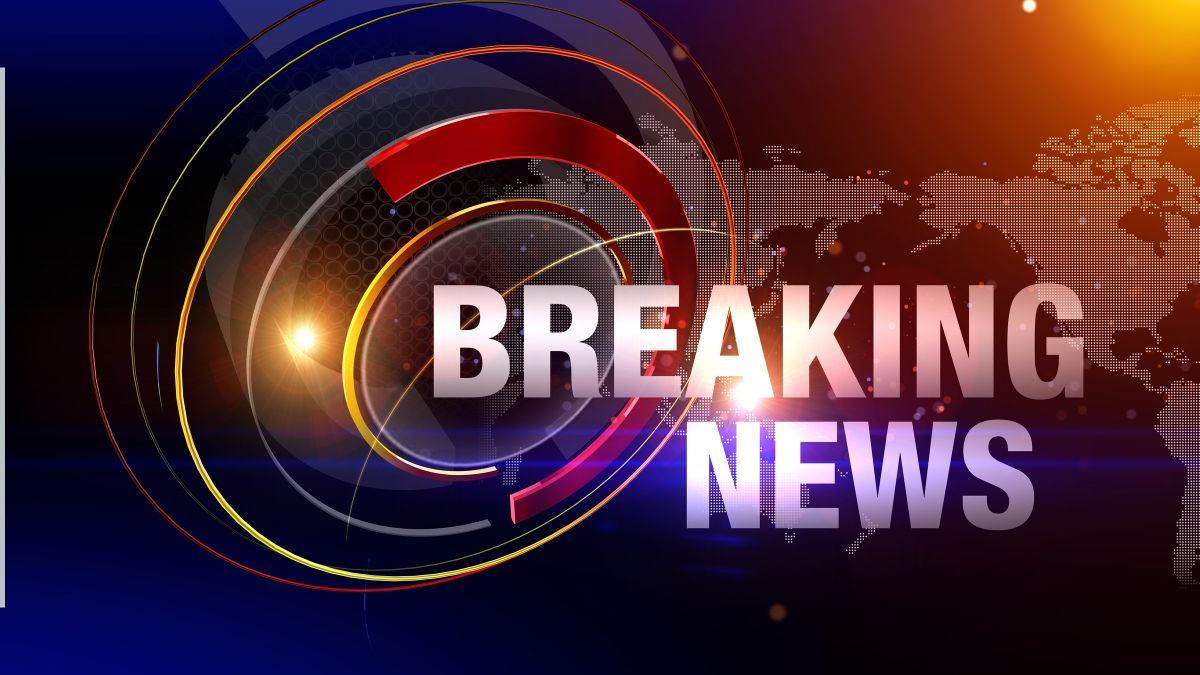Tensions in the Middle East have reached a boiling point following a series of high-profile Israeli strikes on Iranian nuclear sites. The attacks, targeting key elements of Iran’s nuclear and ballistic missile programs, have reignited fears of a growing regional conflict that could spiral out of control. Amidst international outcry and concern, former U.S. President Donald Trump weighed in, praising Israel’s actions and hinting that more could follow.
Pope Leo XIV’s Return to Traditional Papal Fashion: A Symbol of Change or Continuity?
In a high-profile interview with ABC News, Trump called the Israeli military strikes “excellent,” arguing that Israel had no choice but to act after years of stalled diplomacy. “We gave them a chance and they didn’t take it,” Trump said to Jonathan Karl, ABC News’ chief Washington correspondent. His comments added fuel to fears that the situation could erupt into a full-scale war, involving not just Israel and Iran but potentially drawing in other regional and global powers, including the United States.
The Israeli airstrikes, launched Thursday, targeted dozens of facilities across Iran believed to be integral to uranium enrichment and missile development. Israeli Prime Minister Benjamin Netanyahu confirmed the operation, stating that the objective was to degrade Iran’s nuclear capabilities and prevent the future deployment of nuclear-armed missiles. “Iran’s missile capabilities are becoming an existential threat,” Netanyahu declared.
According to Israeli defense sources, the strikes were a direct response to recent intelligence indicating that Iran had amassed enough enriched uranium to potentially build multiple nuclear bombs. The escalating threat, they argued, left Israel with little choice but to take preemptive military action.
Trump’s endorsement of the strikes came with careful ambiguity regarding U.S. involvement. While praising Israel’s decision, he refused to confirm or deny whether American forces or intelligence had assisted in planning or executing the operation. Later that day, U.S. Secretary of State Marco Rubio issued a statement clarifying that “Israel acted unilaterally against Iran. The United States was not involved in these operations. Our top priority remains the protection of American forces in the region.”
The strikes come at a delicate moment in ongoing U.S.-Iran diplomatic talks. Negotiations aimed at reviving the Iran nuclear deal—scheduled to resume in Oman on Sunday—may now be in jeopardy. Trump, who has supported diplomatic efforts in the past, warned that Israel’s military action could derail the peace process. “I didn’t want to go this way,” he said. “But Iran pushed too far. Now the situation is what it is.”
For years, the international community has kept a close watch on Iran’s nuclear program, with many nations—including Israel—accusing Tehran of secretly working toward a nuclear arsenal. While Iran has consistently denied these allegations, its recent enrichment activity and refusal to allow full inspections have heightened suspicions and fears.
The timing of Israel’s strikes—just days before the renewed nuclear talks—raises the stakes significantly. Trump and others who support a negotiated solution now fear that the diplomatic path could be lost amidst growing instability. “It’s not too late, but it’s very fragile,” one senior U.S. diplomat told reporters.
Beyond diplomacy, the strikes have sparked new fears about the broader consequences for regional stability. Iran has condemned the attacks as an illegal violation of its sovereignty and has vowed to retaliate. A potential Iranian counterattack could escalate into a wider conflict involving Hezbollah in Lebanon, Syria, or other Iranian proxies throughout the region.
Back in Washington, political fallout is already unfolding. Some lawmakers have questioned whether the intelligence shared with Israel inadvertently greenlighted unilateral military action. While Trump lauded the operation, other U.S. officials urged caution, concerned about the broader geopolitical implications.
With the situation still fluid, global leaders are watching closely. The possibility of additional strikes looms large, especially after Trump hinted that “there’s more to come.” If true, the region could be on the brink of another prolonged conflict.
As the dust settles from the initial wave of Israeli airstrikes, the international community is left to grapple with the fallout of this dramatic escalation. Will diplomacy hold firm, or will the region plunge deeper into violence and instability? For now, the future remains uncertain. What is clear, however, is that the Middle East stands at a dangerous crossroads—one that may shape the global order for years to come.

